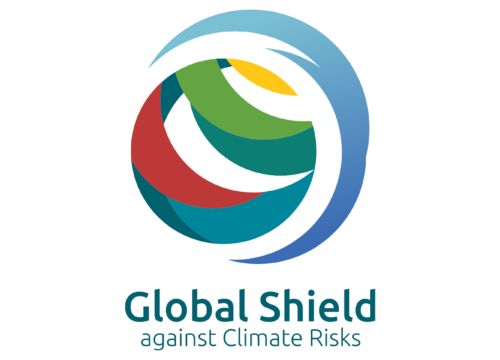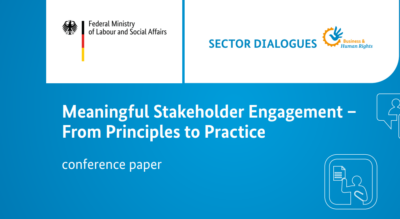This year, three climate conferences offer the international community the opportunity to coordinate measures for sustainable development and the preservation of natural resources in line with global climate goals: COP29 Climate Change Conference, COP16 for the conservation of biodiversity and COP16 to combat desertification.
One of the focal points of this year’s negotiations is the agreement on a new climate financing target. Countries in the Global South are often the ones most affected by the effects of climate change, even though they have historically contributed the least to its causes. However, without support, they are often not able to finance measures to achieve national mitigation targets and adapt to the consequences of climate change. As part of the negotiations on the new climate financing target, it is therefore being discussed how people and countries affected by climate change can be supported by the international community both technically and financially in dealing with losses and damage.
Global Shield against Climate Risks is a multi-stakeholder partnership (MSP) that specifically addresses this topic. Founded at COP27 by the Vulnerable Twenty (V20) and Group of Seven (G7), the partnership of states, civil society, international organizations, the private sector and academia forms a global shield against climate risks. Its objective is to strengthen the resilience of the countries most affected by the consequences of climate change. By financing and insuring climate and disaster risks and promoting local adaptive capacities, the partnership supports particularly affected people and countries to prepare for climate risks and deal with climate disasters.
The MSP Global Shield against Climate Risks is an example of how sustainable climate protection solutions require strong partnership-based approaches to complement, coordinate and implement agreements made by the international community.



